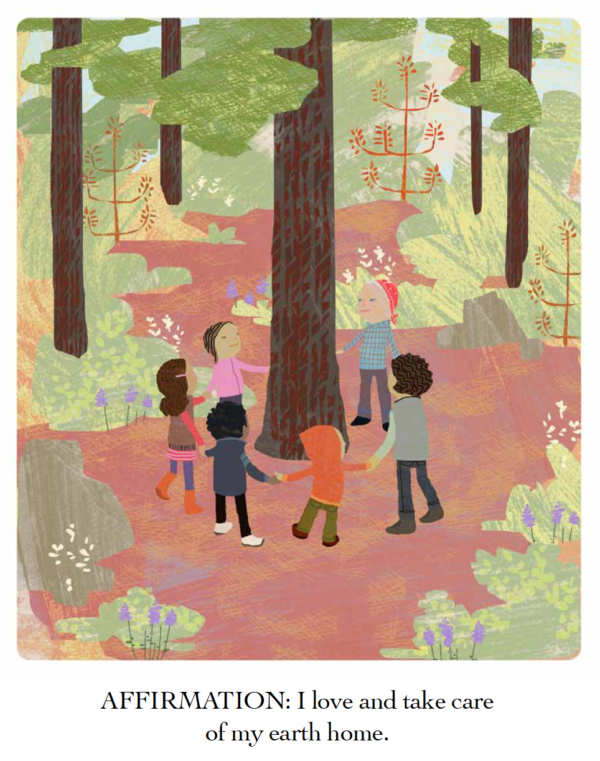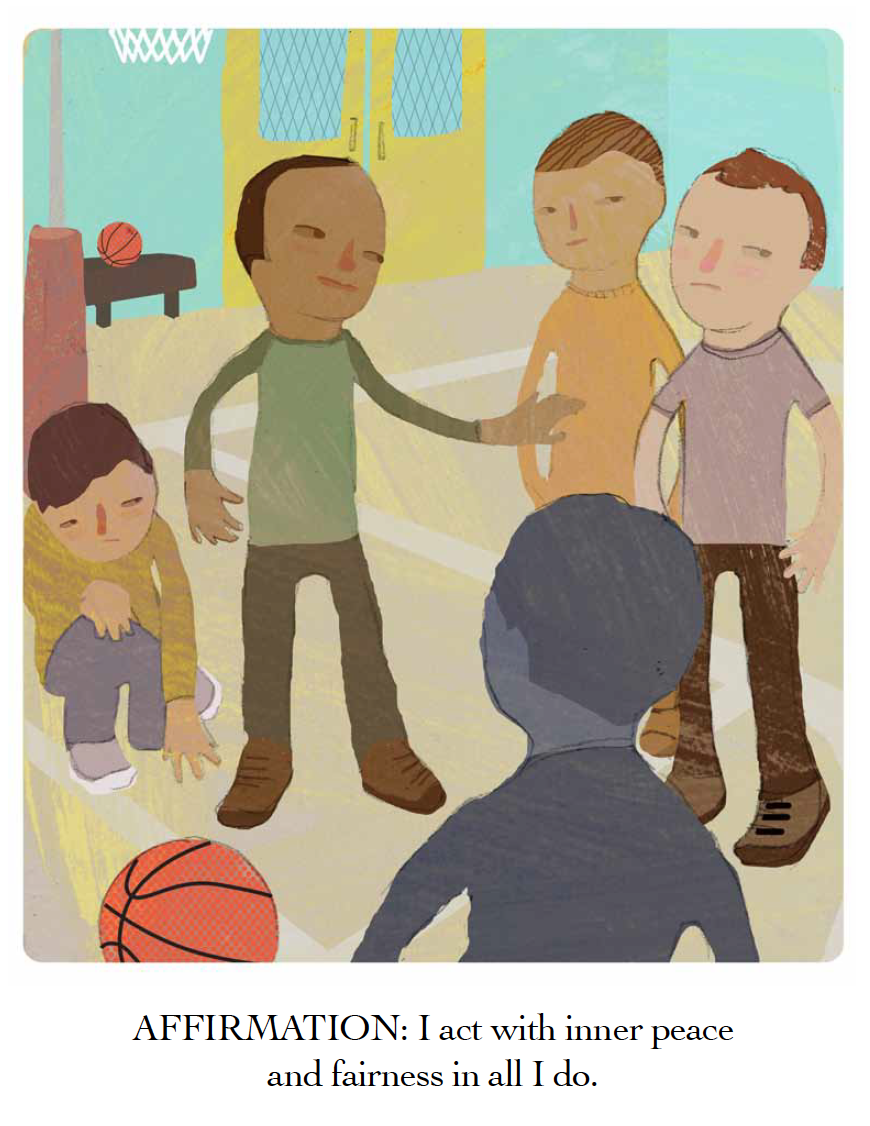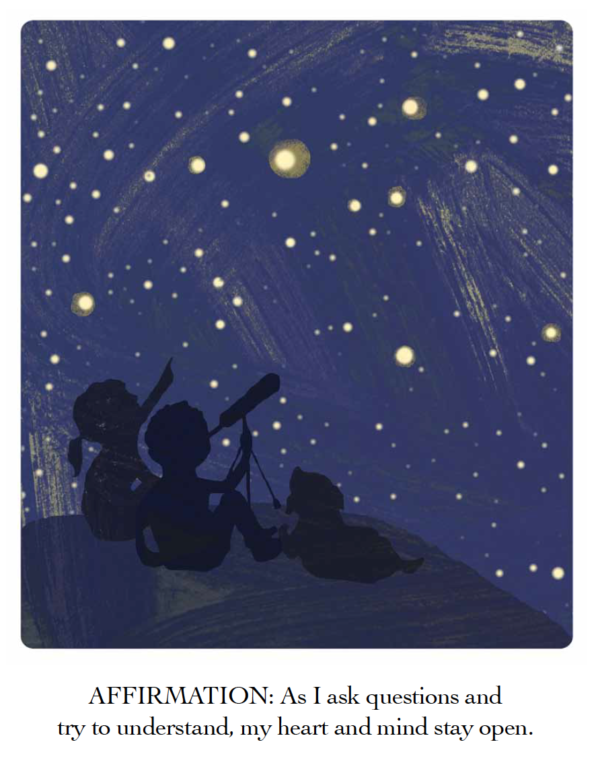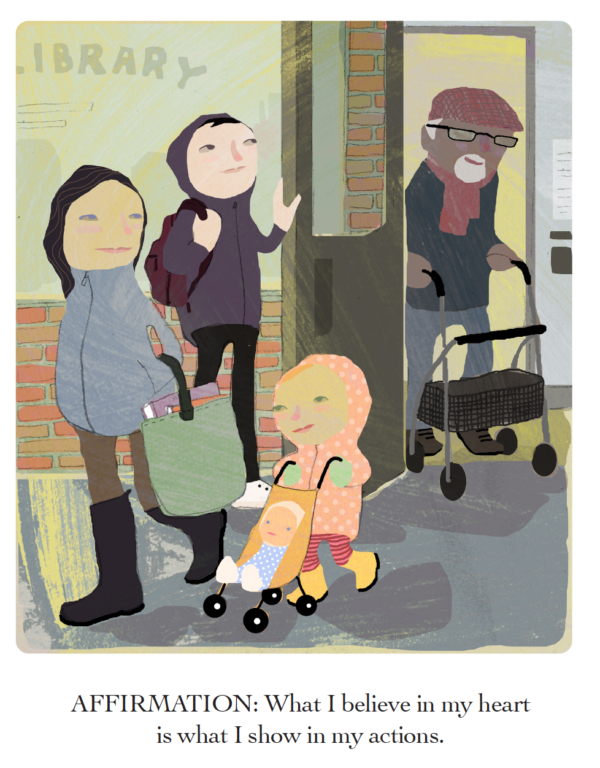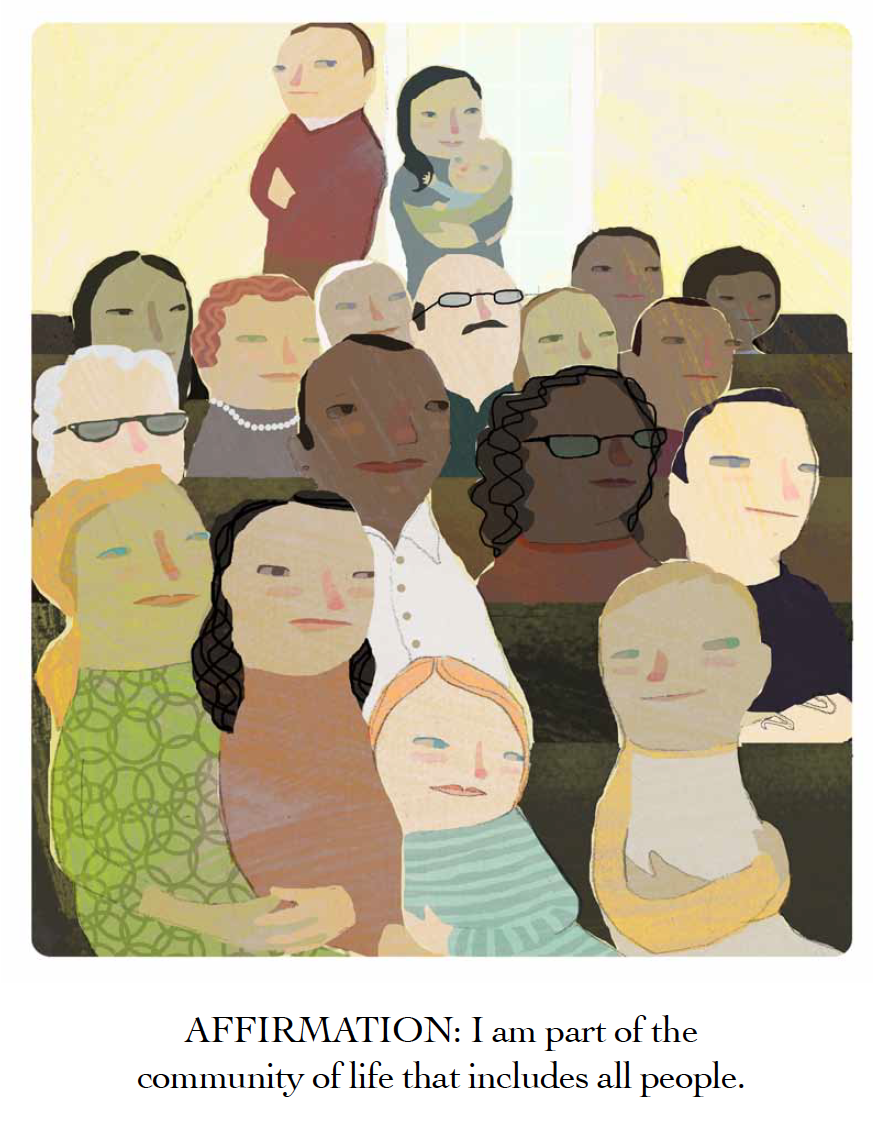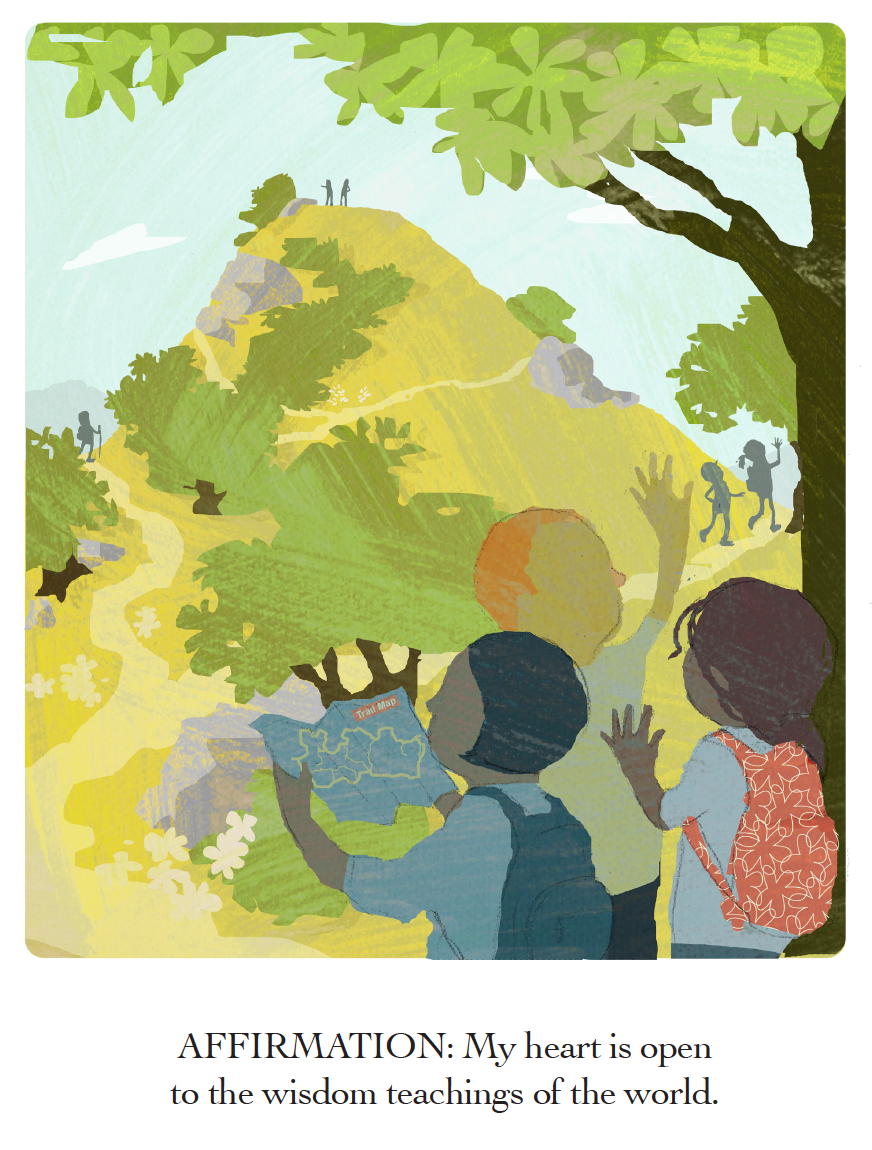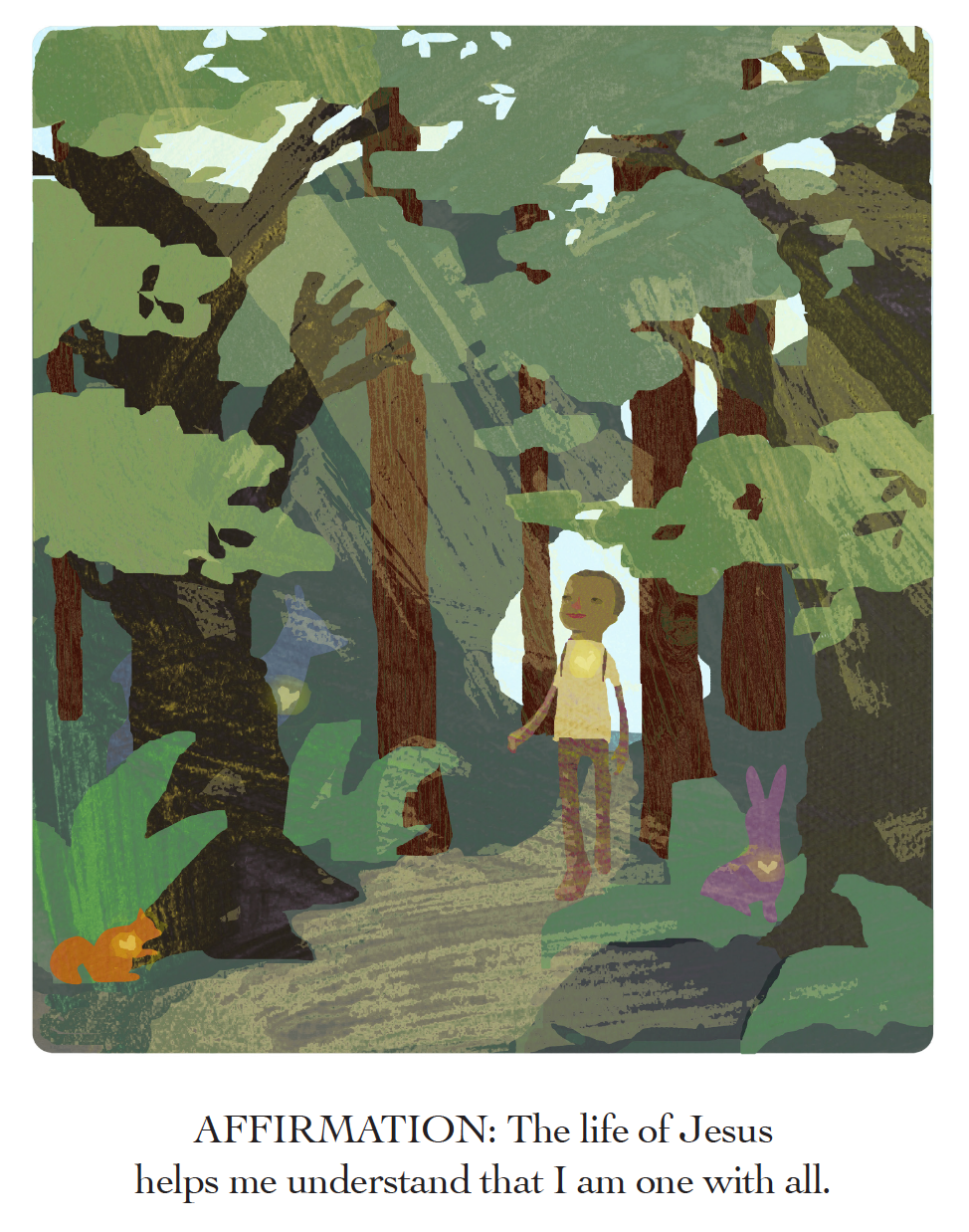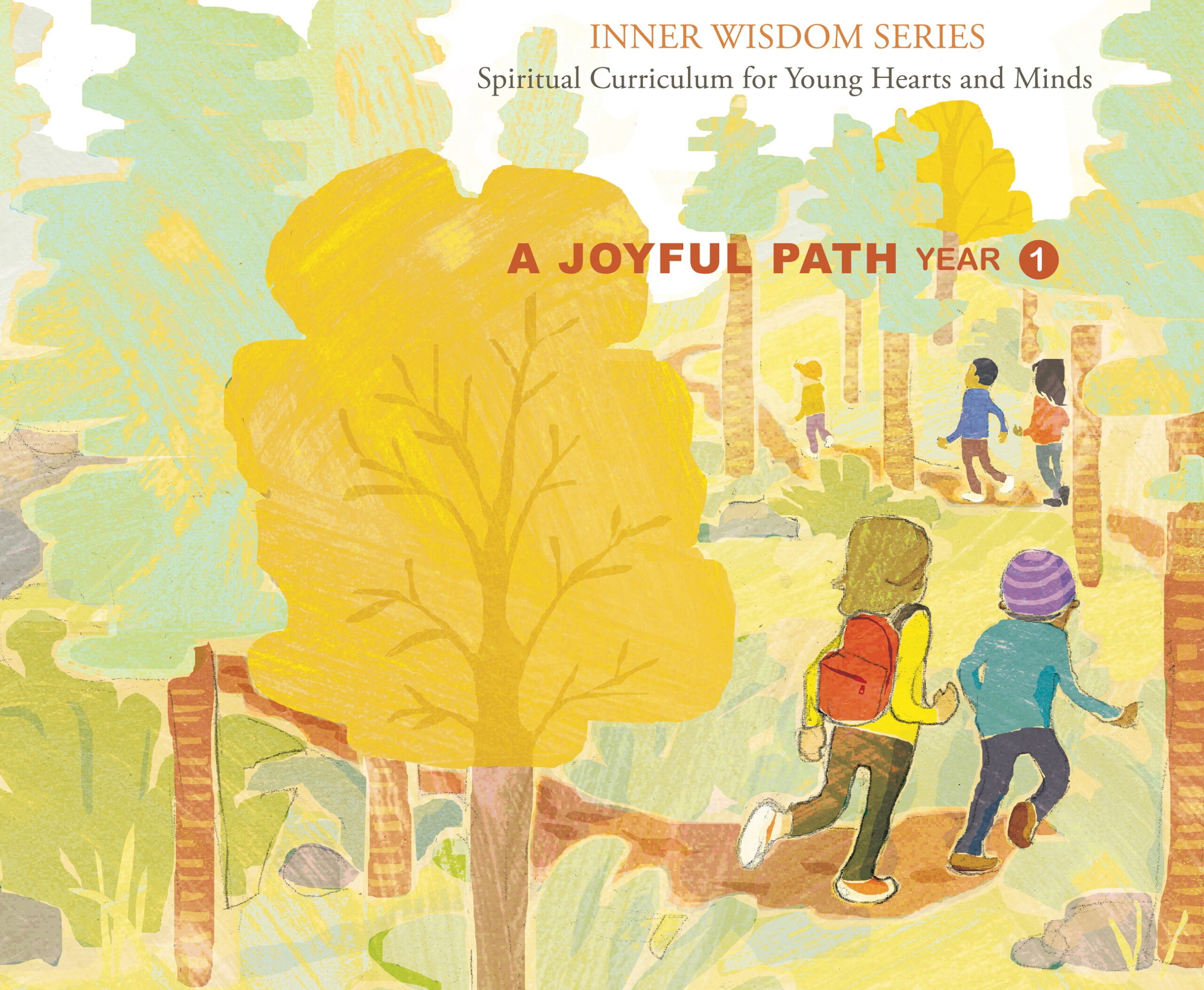Most young children are born with a sense of wonder and anticipate discovery around every corner. A shiny penny or a snowflake holds a world of delight. But perhaps because our culture tends to overstimulate and excite our children, boredom begins to seep in as children get older. It’s not uncommon to hear complaints of, “I’ve seen that” or “I know that already” from children who are already closing the doors to their sense of discovery.
The best way to enjoy the planet is to get out and do something — not sit and talk about it. This lesson offers an encouraging reminder for an attitude of enjoyment and appreciation when we experience the natural world in all its forms. To enjoy means to have an inner experience of joy — to be “in joy” as our bodies and minds are engaged in activity.
Progressive Christians believe that resisting oppression or cruelty in society has always been both an obligation and an opportunity for those who follow Jesus. It is an obligation because it is a way to test our commitment to the path. It is an opportunity because putting oneself at risk on behalf of another, as a result of one’s compassion, can be one of the most direct paths to an experience of the realm of God or that absolute sense of connectedness.
This point, recognizing that we open ourselves to a constant flow of grace as we search for understanding, is inextricably linked to the eighth point in Progressive Christian beliefs: that we are committed to a lifelong path of learning. For as soon as we think we have arrived at the end point of understanding, we close ourselves to that flow of grace. Wisdom teachers of all paths describe gradual awakening or a progressive realization of understanding, marked by moments of clear inner revelation; but if we keep searching, there are ever-new octaves of clarity.
The Jesus of the scriptures was a man of action. He was someone who healed, demonstrated compassion, took a stand against injustices, loved unconditionally, and told his disciples to go and do likewise. As followers of Jesus, Progressive Christians are dedicated to treating their fellow human beings with kindness, caring, and compassion.
No matter what our family looks like outwardly, or whether our family is one of blood or one of choice, family is where we have some of the deepest connections of our hearts. Family is our first and lifelong teacher.
This group of lessons introduces children to the beliefs and rituals of five major world religions. The core value of this curriculum is that children have experiences that open their hearts and give them moments of joy and feelings of unity with nature and with others. These moments can occur through the arts and through the physical body. Therefore, most of the activities involve one or both. The intellect analyzes and distinguishes differences—valuable skills for scientific research and progress. The heart receives and feels unity. One of the goals of these lessons is that children understand that people of different religions have much in common.
In "A Joyful Path, Year Two" we focus on some of the main tenets of Progressive Christianity and Spirituality, giving our children the foundation they need to walk the path of Jesus in today's world. It has stories and affirmations written to help children clarify their own personal beliefs while staying open to the wisdom of other traditions.
The natural world constantly offers opportunities to experience the presence of spirit in endless variation. Nature is one of the most clear and obvious manifestations of God in our universe.
The more we choose to see beauty and goodness, the more we will live in happiness and joy. High-mindedness is looking at life’s experiences from the high ground, where beauty and joy can be seen beyond ugliness and hardship that can cloud our vision. It is a conscious choice to keep company with positive thoughts and to be happy. High-mindedness is not pretending ugliness does not exist; it is really a celebration of divine goodness everywhere.
Like all spiritual and religious celebrations, Easter can be experienced and understood on many levels. In the cycles of nature, we see examples of renewed life: animals being born, trees sprouting leaves, and flowers bursting with color in the spring. Our hearts respond with deep yearning for inner renewal as well. Springtime rituals in the northern hemisphere have always been a way to welcome the awakening life energy of the earth and the return of light, but they are also symbolic of the inner awakening that all souls experience. In the southern hemisphere, Easter is celebrated in the fall and is a time to celebrate the fall harvest and the gathering of family and friends. A Christian scholar, the Venerable Bede (672–735 AD), first asserted that Easter was named after Eostre, the great mother goddess of the Saxon people in Northern Europe. Her name was derived from the ancient word for spring, eastre. Pagan festivals associated with birth, the renewal of life, fertility, and sunrise date back to long before Christianity. Pagan religions in the Mediterranean area are recorded as having a major seasonal day of religious celebration at or following the Spring Equinox. Many of the present-day customs of Easter have their origins in these festivals.


